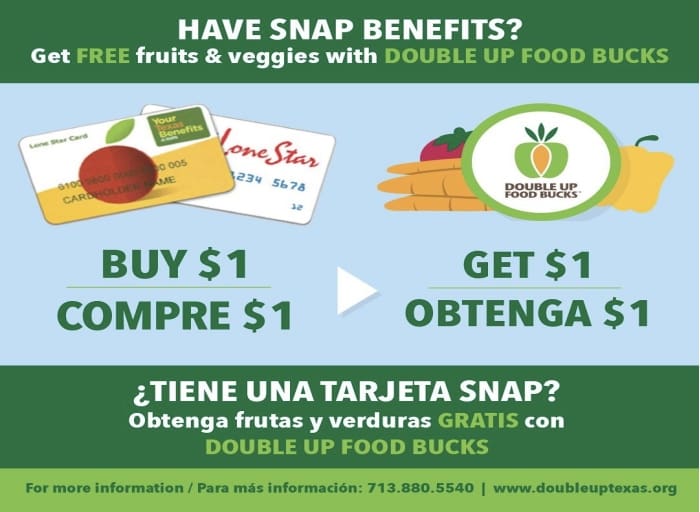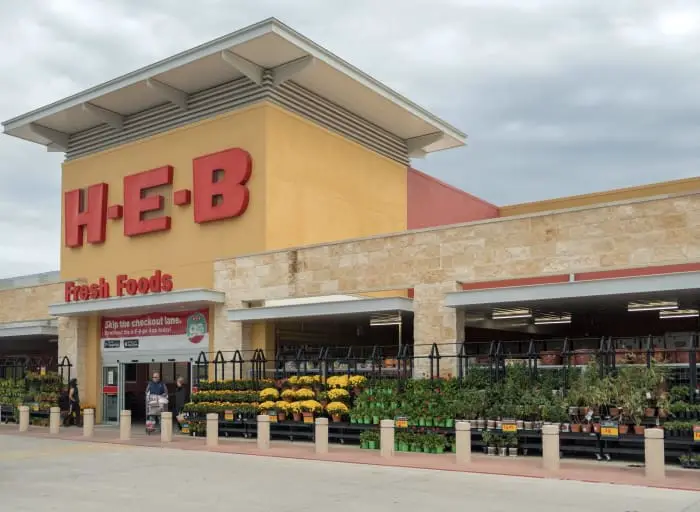In Texas, as in the rest of the United States, the Supplemental Nutrition Assistance Program (SNAP), commonly known as food stamps, helps low-income families buy groceries. A common question arises about families where parents are undocumented immigrants but their children are U.S. citizens: Can those children still get SNAP benefits? The short answer is yes, they can. Let’s break this down in simple terms, including how recent laws affect this and what it means for Texas families.

Understanding SNAP Eligibility Basics
SNAP is a federal program run by the U.S. Department of Agriculture (USDA), but states like Texas handle the day-to-day operations. To qualify for SNAP, a household must meet income and resource limits, and members must be U.S. citizens or certain qualified non-citizens.
Undocumented immigrants have never been eligible for SNAP benefits
This rule hasn’t changed, even with recent legislation. However, in mixed-status families—where some members are eligible (like U.S. citizen children) and others aren’t (like undocumented parents)—the program focuses on the eligible members. Benefits are calculated only for those who qualify, prorating the amount to exclude ineligible people.
For example, if a family has two U.S. citizen kids and undocumented parents, the kids can receive SNAP based on the household’s income, but the parents won’t get any portion of the benefits.
What About the Children Specifically?
U.S. citizen children born in the United States are fully eligible for SNAP, regardless of their parents’ immigration status.
This is because eligibility is determined individually within the household. Parents can apply on behalf of their eligible children without risking their own immigration status, as receiving SNAP for kids doesn’t count as a “public charge” that could affect future legal status applications.
In Texas, the Health and Human Services Commission follows federal rules: If a parent refuses to provide proof of status or is undocumented, they’re disqualified, but the rest of the household—including children—can still participate if they meet other requirements like income limits.
Texas doesn’t provide state-funded SNAP alternatives for ineligible immigrants, so the focus remains on federal eligibility for citizens and qualified non-citizens.
Recent Changes: The One Big Beautiful Bill Act (OBBBA)In July 2025, President Trump signed the One Big Beautiful Bill Act (OBBBA), which made some changes to SNAP eligibility.
This law narrows who counts as an eligible non-citizen. Before, groups like refugees, asylees, and victims of trafficking could qualify. Now, eligibility is limited mostly to U.S. citizens, lawful permanent residents (green card holders), certain Cuban and Haitian entrants, and people from specific Pacific islands.
Importantly, this doesn’t change anything for undocumented immigrants—they were already ineligible.

And it doesn’t affect U.S. citizen children; they remain eligible as citizens.
However, in mixed-status families, if a parent was previously eligible (like an asylee) but loses that status under the new law, the household’s total benefits might decrease, indirectly affecting the children.
The changes took effect immediately, but states have up to four months to implement them, often applying at a household’s next recertification.
The USDA is still releasing detailed guidance as of late July 2025.
Myths and Realities
Some news stories have suggested a “crackdown” on benefits for undocumented immigrants, but this is misleading since they weren’t eligible to begin with.
Fears about data sharing or immigration enforcement might deter families from applying, but applying for SNAP for eligible children is safe and doesn’t require parents to disclose their status beyond what’s needed.

How to Apply in Texas
If you’re in a mixed-status family, contact the Texas Health and Human Services at 2-1-1 or visit yourtexasbenefits.com to apply. They’ll help determine eligibility for your children without penalizing ineligible members.In summary, U.S. citizen children of undocumented immigrants in Texas still qualify for SNAP benefits, and recent laws haven’t changed that core rule. If your family needs help, don’t hesitate to reach out—it’s there to support eligible kids.
